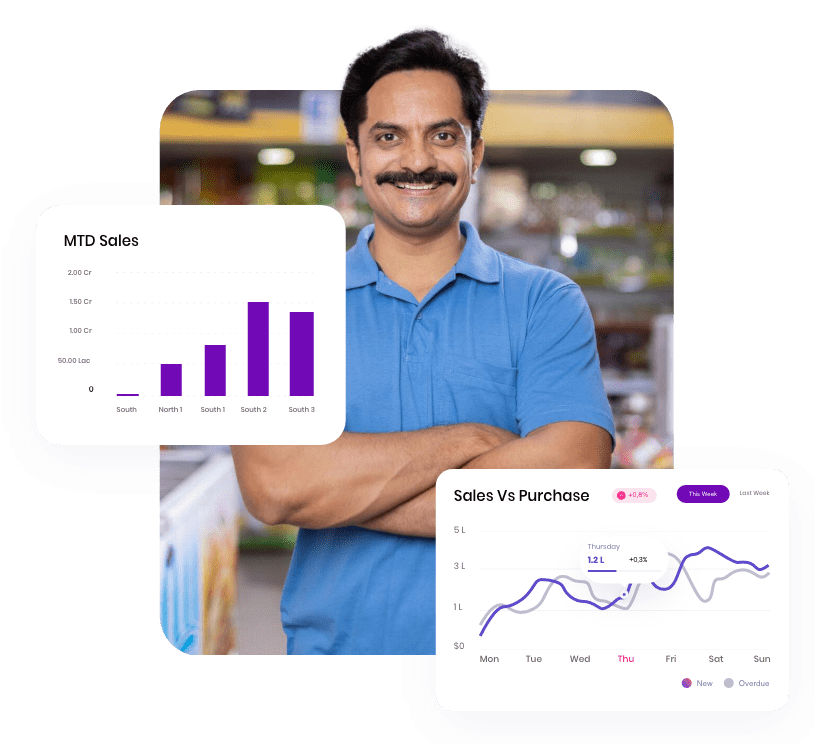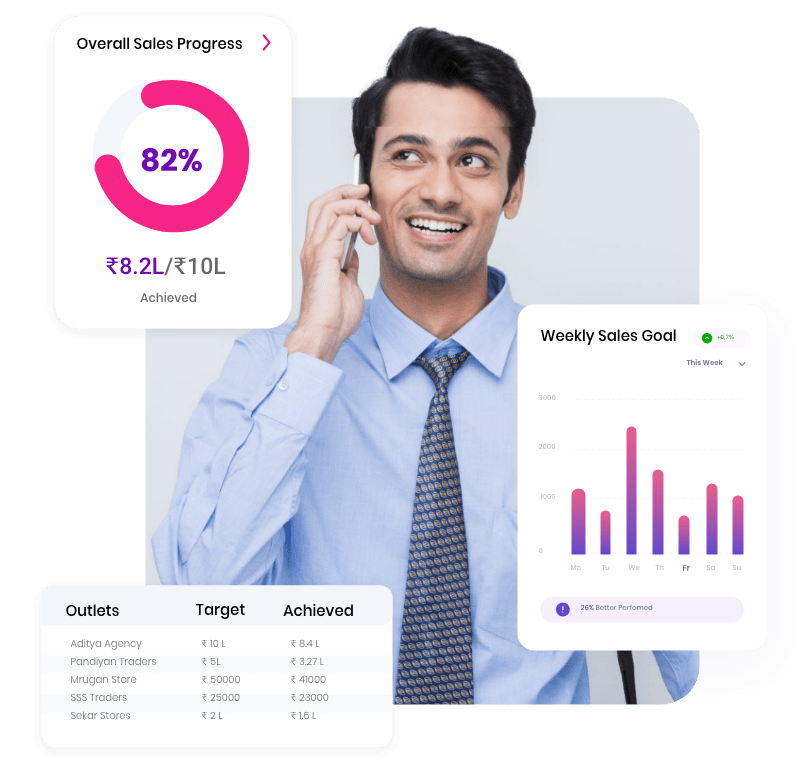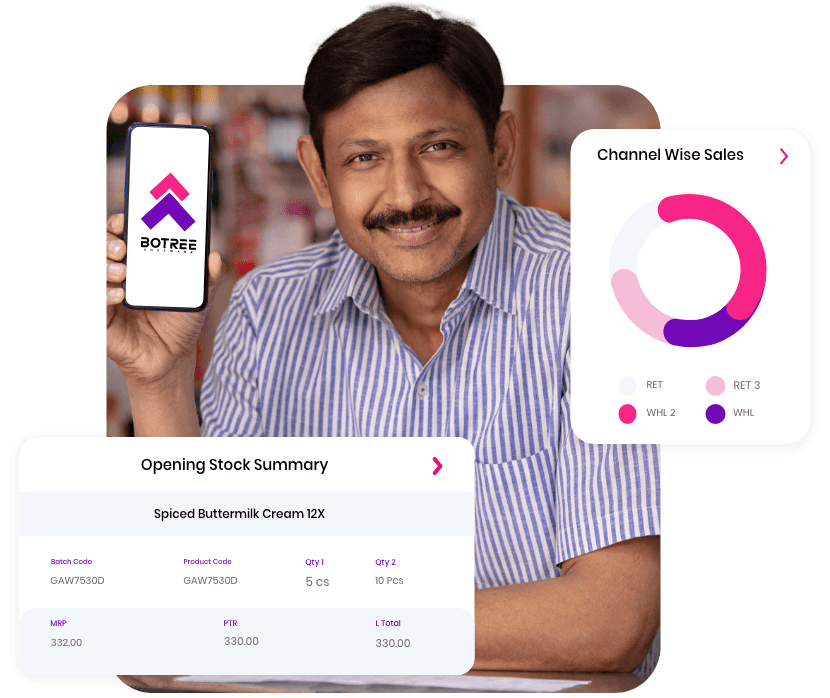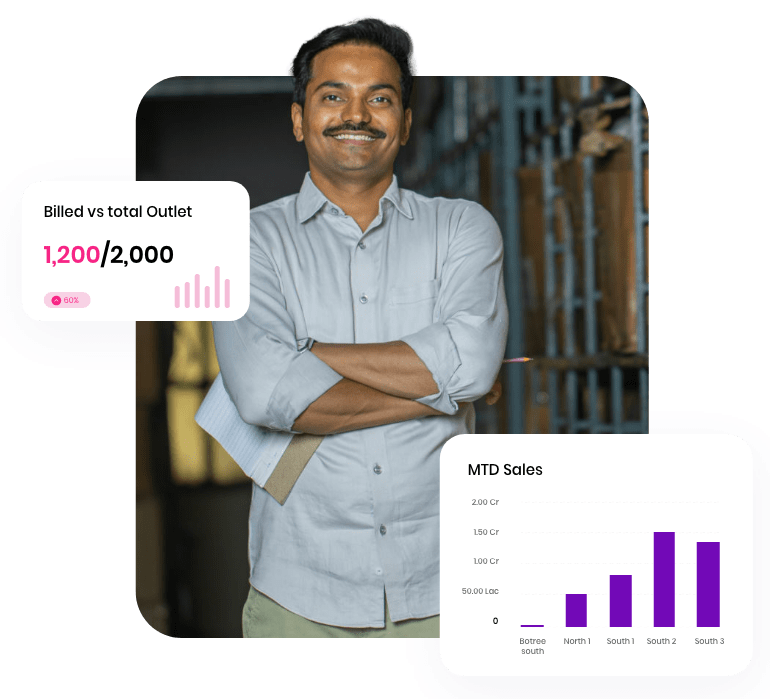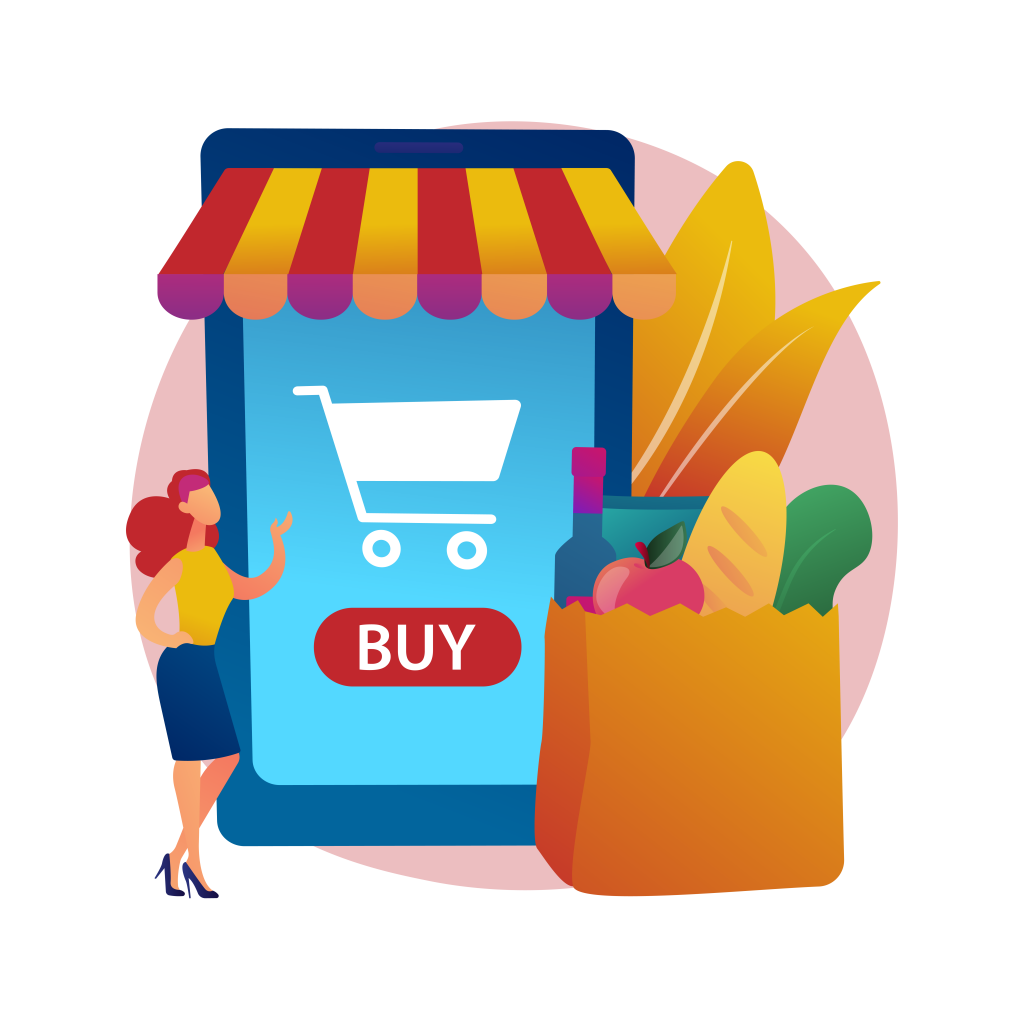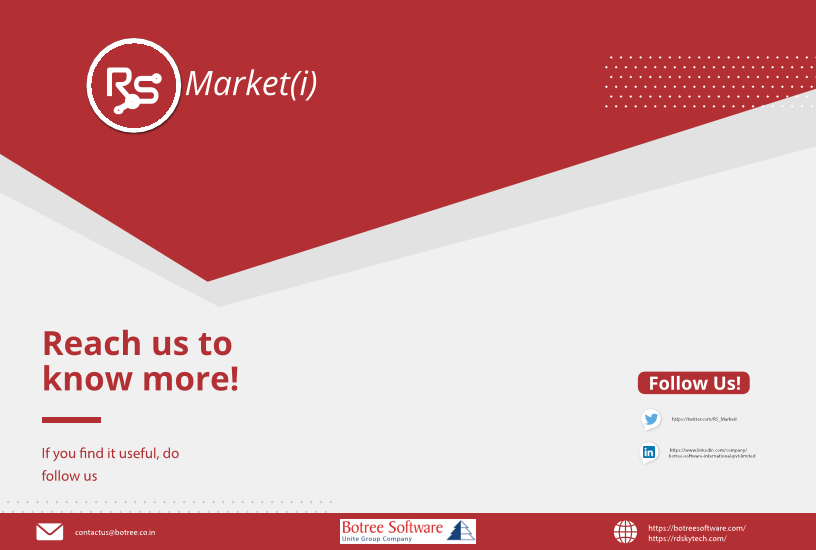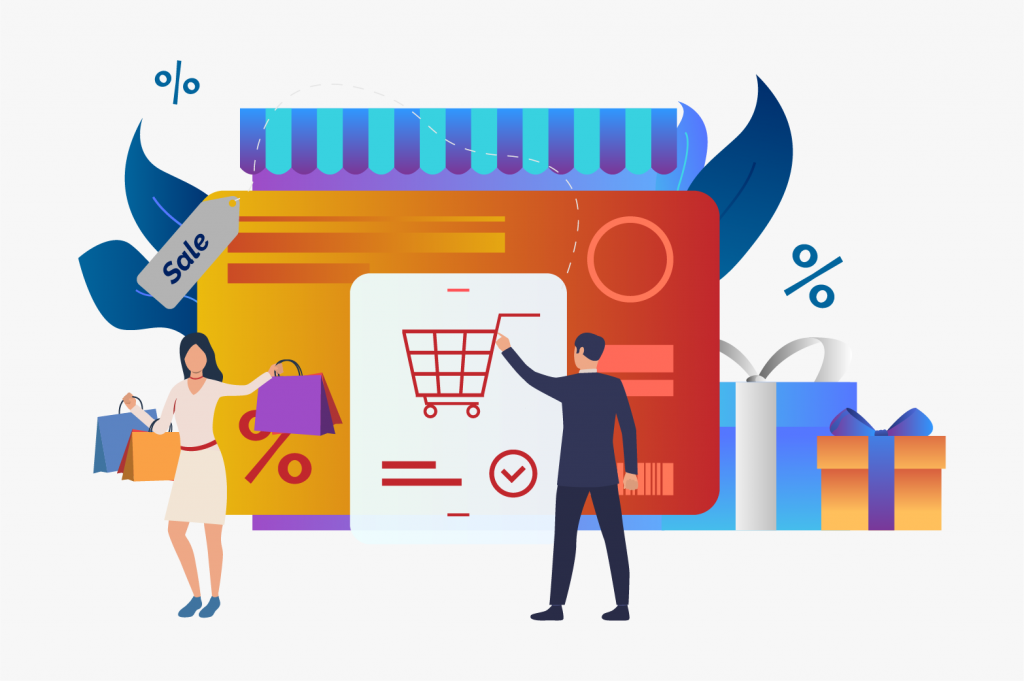
Challenges of Brick-and-Mortar Retail Stores
Brick and mortar stores are facing a plethora of challenges like Covid, Ecommerce, changing technology, dark stores, and app-based delivery stores. They are competing with online stores for their customer’s attention and share of wallet. They are struggling to compete with the price advantages that online stores can offer. As more customers go online and spend more time on the internet, it’s easier for them to buy online. Retail stores thrived on personal connections and human contact, but after 2 years of the pandemic, rising costs, and convenience of instant home delivery from a combination of e-commerce,10-30-minute delivery, and dark stores are eating into their advantage, and they are losing customers.
Ecommerce stores offer loyalty points and huge discounts and can collect and analyze data that enables them to target and retain customers through personalized recommendations and anticipating their needs.

